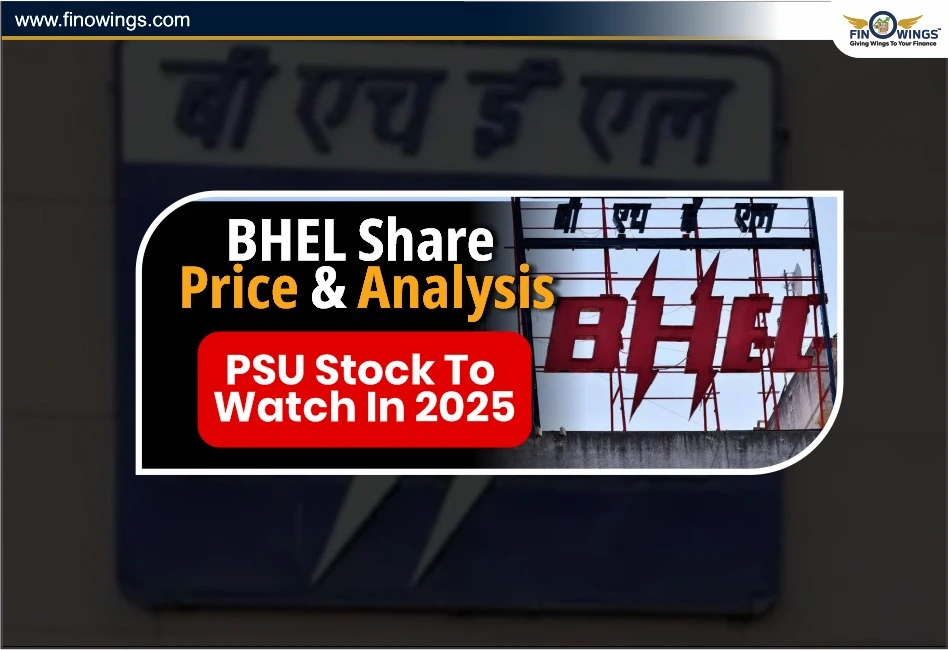Home >> Blog >> Impact of SEBI's Regulatory Fees on BSE & MCX
Impact of SEBI's Regulatory Fees on BSE & MCX

Table of Contents
The Impact of SEBI's Regulatory Fees on BSE and MCX: What Investors Need to Know
The Regulatory Fees
In a surprising turn of events, the Securities and Exchange Board of India (SEBI) has dealt a blow to two major Indian stock exchanges - BSE (Bombay Stock Exchange) and MCX (Multi Commodity Exchange). The regulator has sent notices to these exchanges, demanding the payment of regulatory fees that have been outstanding for several years.
Detailed Video
BSE: The Monopoly Stock in Trouble
BSE, the dominant stock exchange in India with a market share of over 73%, has found itself in the crosshairs of SEBI. The story dates back to 2006, when SEBI introduced a regulatory fee structure for exchanges, based on their annual turnover. However, it appears that BSE only paid the fees for one quarter instead of the full financial year, and it also calculated the fees based on the premium value of option contracts rather than the notional value, as per SEBI's guidelines.
SEBI has now stepped in, directing BSE to pay the outstanding fees, including interest, from 2007 to 2023, amounting to a staggering Rs. 64.64 crore. This includes Rs. 3.34 crore in interest alone. To add to the woes, BSE also has to pay a regulatory fee of Rs. 753 crore for the financial year 2024, with the deadline set for April 30th.
The impact of these regulatory fees on BSE's financials is expected to be significant. According to the company's own circular, the total payment of around Rs. 184 crore (including GST) will have a negative impact on its upcoming quarterly results. This is because the average quarterly profit for BSE over the last 13 quarters was around Rs. 87 crore, and the additional regulatory fees will eat into a substantial portion of its earnings.
MCX: A Smaller Blow, but Still Significant
SEBI has also issued a similar notice to MCX, the leading commodity exchange in India. In this case, the outstanding regulatory fees amount to Rs. 1.77 crore, covering the financial years from 2018 to 2023. While the impact on MCX is not as severe as on BSE, it still represents a significant financial burden for the exchange.
Potential Strategies for Exchanges
To mitigate the impact of these regulatory fees, the exchanges may explore several options:
Increasing Transaction Charges: One potential strategy for BSE could be to increase the transaction charges for traders, particularly in the lucrative futures and options (F&O) segment, where the exchange earns a significant portion of its revenue. This would help offset the additional regulatory costs.
Operational Efficiency: The exchanges may also look to optimize their operational expenses and find ways to improve their overall profitability to cushion the blow from the regulatory fees.
Lobbying for Regulatory Changes: The exchanges may engage with SEBI and policymakers to seek a more favorable regulatory environment or potentially negotiate a more manageable payment plan for the outstanding fees.
Implications for Investors
The regulatory fees saga has direct implications for investors in these exchanges. Investors should closely monitor the financial performance of BSE and MCX, as the additional regulatory costs may impact their profitability and, consequently, their stock prices.
Traders who actively participate in the BSE and MCX markets should also be prepared for potential changes in transaction charges, which could affect their trading costs and overall investment strategies.
It is crucial for investors to stay informed about the developments surrounding the regulatory fees and to carefully assess the long-term implications for the exchanges and their investment portfolios.
Conclusion
The regulatory fees dispute between SEBI and the Indian stock exchanges is a complex issue that has far-reaching consequences. BSE, the dominant player, faces a significant financial burden, while MCX is also impacted, albeit to a lesser extent. The exchanges may need to explore various strategies to mitigate the impact, but investors should remain vigilant and adapt their investment decisions accordingly.
By staying informed and proactive, investors can navigate the challenges posed by this regulatory development and make informed decisions to protect their investment portfolios.
Disclaimer: This Stock Analysis is only for informational purposes and should not be considered as investment advice. Always do your research and consult with a financial advisor.
Frequently Asked Questions
The Securities and Exchange Board of India (SEBI) mandates regulatory fees for stock exchanges based on their annual turnover. These fees help SEBI regulate the market and ensure fair practices.
SEBI identified discrepancies in the fees paid by BSE and MCX. BSE reportedly paid fees for only a quarter instead of the full year and used an incorrect calculation method. MCX has outstanding fees for several years.
BSE faces a significant burden with Rs. 64.64 crore in outstanding fees (including interest) from 2007-2023 and a Rs. 753 crore fee for 2024. MCX owes Rs. 1.77 crore for the period 2018-2023.
The hefty fees will likely impact the exchanges' profitability. BSE estimates a negative impact on their upcoming quarterly results.





















